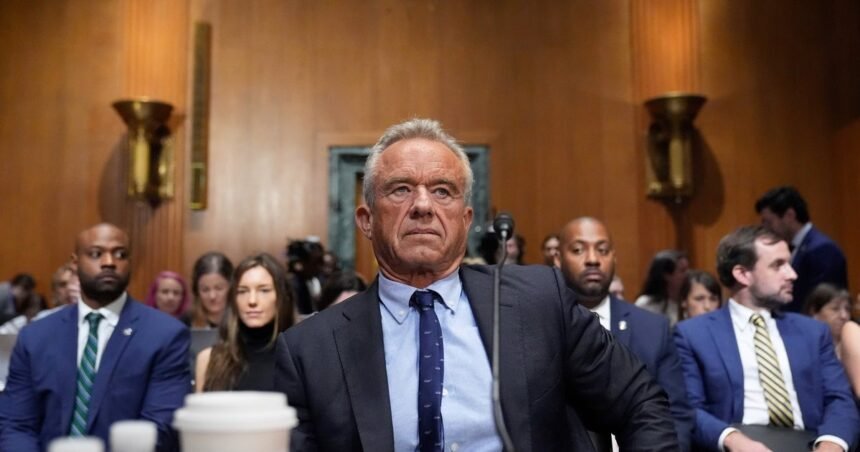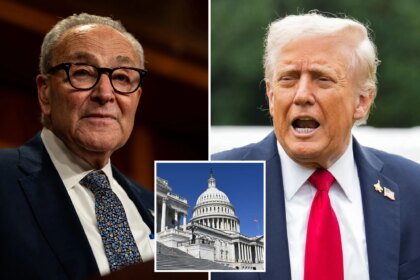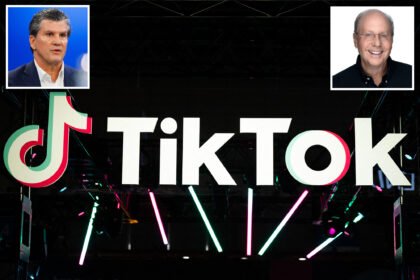Concerns Rise Over CDC Vaccine Recommendations Amid Leadership Changes
In a recent Senate hearing, Senator John Barrasso of Wyoming, a Republican and practicing physician, expressed significant concerns regarding the direction of vaccine recommendations under the leadership of newly appointed CDC Director Robert F. Kennedy Jr. Barrasso’s apprehensions reflect a broader unease among the public and health professionals about the credibility and transparency of vaccine guidance in the United States.
Public Trust in Vaccine Guidance at Stake
During the hearing, Barrasso highlighted a troubling trend: a growing skepticism among Americans regarding vaccine recommendations. He pointed to recent measles outbreaks and questioned the integrity of the National Institutes of Health’s leadership, which has raised doubts about the safety and efficacy of mRNA vaccines. “The public has seen measles outbreaks, leadership at the National Institute of Health questioning the use of mRNA vaccines, the recently confirmed director of the Centers for Disease Control and Prevention fired. Americans don’t know who to rely on,” Barrasso stated, emphasizing the urgent need for clarity and trust in vaccine guidance.
Polling data supports Barrasso’s concerns, revealing that a significant majority of voters, including those who supported former President Donald Trump, believe that vaccine recommendations should originate from qualified professionals-physicians, scientists, and public health experts. This sentiment underscores a critical challenge for the CDC as it navigates the complex landscape of public health communication.
Kennedy’s Commitment to Transparency
In response to Barrasso’s inquiries, Kennedy assured the Senate that he is committed to restoring public trust in the CDC. He stated, “We’re going to tell them what we know, we’re going to tell them what we don’t know, and we’re going to tell them what we’re researching and how we’re doing it, and we’re going to be transparent.” This pledge to transparency is particularly significant in light of the agency’s recent history, which has been marred by controversies and public skepticism.
Kennedy’s approach marks a departure from previous practices, as he plans to conduct observational studies on existing vaccines and require new vaccines to demonstrate safety before approval. This strategy aims to provide the public with a clearer understanding of the risk profiles associated with vaccines, allowing individuals to make informed decisions about their health.
Leadership Changes and Their Implications
In a bold move, Kennedy recently dismissed all 17 members of the Advisory Committee for Immunization Practices (ACIP), replacing them with officials of his choosing. This decision has raised eyebrows among public health experts, who worry about the potential implications for vaccine policy and guidance. The newly constituted panel is scheduled to meet on September 18 and 19 to discuss updated vaccine recommendations, a critical moment that could shape the future of immunization practices in the United States.
The ACIP has historically played a vital role in advising the CDC on vaccine policies, and its composition can significantly influence public health strategies. Critics argue that Kennedy’s changes may undermine the independence and expertise of the committee, potentially leading to recommendations that are more aligned with political agendas than scientific evidence.
The Historical Context of Vaccine Trust
The current climate of skepticism surrounding vaccines is not new; it has historical roots that date back decades. The anti-vaccine movement gained traction in the late 1990s and early 2000s, fueled by discredited studies linking vaccines to autism. This misinformation has had lasting effects, contributing to a decline in vaccination rates and the resurgence of preventable diseases.
In recent years, the COVID-19 pandemic has further complicated the landscape of vaccine trust. The rapid development and deployment of mRNA vaccines, while a scientific triumph, have also been met with skepticism and resistance from segments of the population. The politicization of public health measures during the pandemic has exacerbated divisions, making it increasingly challenging for health authorities to communicate effectively with the public.
Restoring Faith in Public Health Institutions
As Kennedy embarks on his mission to restore faith in the CDC, he faces the daunting task of rebuilding trust in an institution that has been under scrutiny. The agency’s credibility hinges on its ability to communicate transparently and effectively with the public. This includes acknowledging uncertainties, sharing research findings, and engaging with communities to address their concerns.
Kennedy’s commitment to transparency and evidence-based recommendations may resonate with those who have lost faith in traditional public health messaging. However, the success of these efforts will depend on the agency’s ability to navigate the complex interplay of science, politics, and public perception.
Conclusion
The recent Senate hearing underscores the critical need for clear, trustworthy vaccine guidance in the United States. As Senator Barrasso and others voice their concerns, the CDC faces a pivotal moment in its history. With Robert F. Kennedy Jr. at the helm, the agency has the opportunity to redefine its approach to public health communication and restore public trust. However, achieving this goal will require a steadfast commitment to transparency, scientific integrity, and community engagement. The upcoming ACIP meeting will be a crucial test of Kennedy’s leadership and the CDC’s ability to navigate the challenges ahead.










